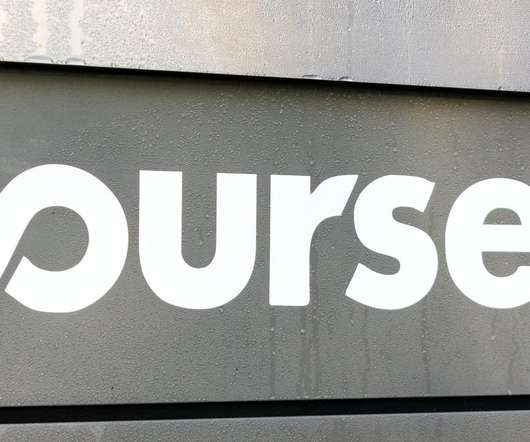The Second Year of The MOOC: 2020 Saw a Rush to Large-Scale Online Courses
Edsurge
DECEMBER 23, 2020
This was the year that more people learned what a MOOC is. As millions suddenly found themselves with free time on their hands during the pandemic, many turned to online courses—especially, to free courses known as MOOCs, or Massive Open Online Courses. 2012, the “ Year of the MOOC ” was characterized by media hype.
































Let's personalize your content